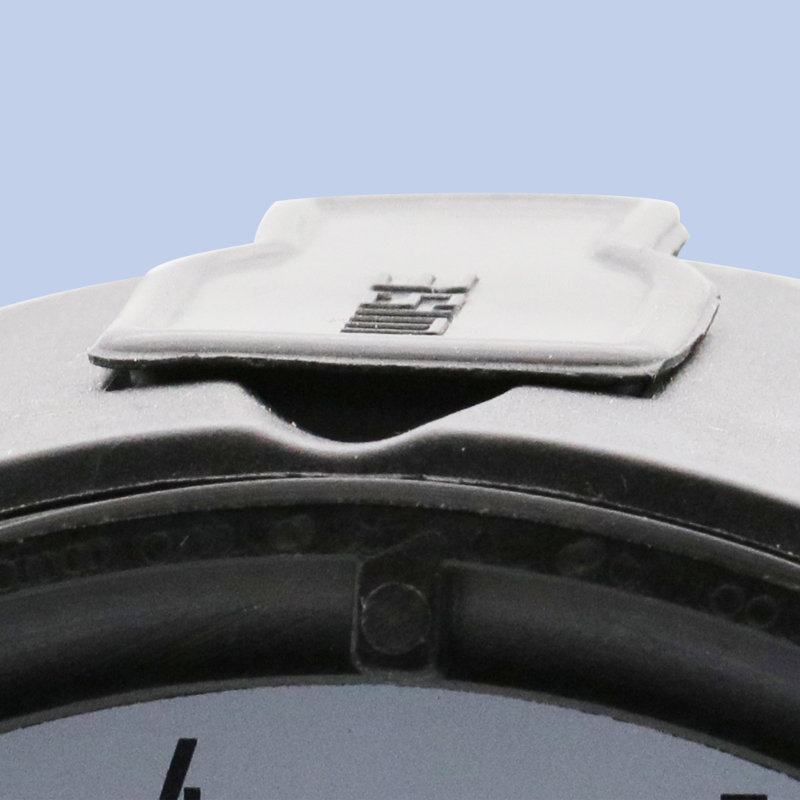
11 月 . 11, 2024 01:45 Back to list
Custom Hydraulic Differential Pressure Gauge Solutions for Accurate Measurements and Performance
Understanding Custom Differential Pressure Gauges in Hydraulic Systems
Differential pressure gauges are essential instruments used in various industrial applications, especially in hydraulic systems. They measure the difference in pressure between two points within a system, providing crucial information for monitoring, controlling, and optimizing equipment performance. This article explores the significance, design, and applications of custom differential pressure gauges specifically tailored for hydraulic applications.
The Importance of Differential Pressure Measurement
In hydraulic systems, maintaining the right pressure is paramount. Pressure differentials can indicate system performance, leakages, and potential failures. By measuring the pressure drop across components like filters, pumps, and valves, users can gain insights into the health of their system. A rise in differential pressure often suggests a blockage or wear in the system, prompting timely maintenance that can prevent catastrophic failures and costly downtime.
Custom Differential Pressure Gauges
Standard gauges may not meet the specific demands of every hydraulic application, leading to the need for custom-designed differential pressure gauges. Custom gauges are engineered considering various factors such as the specific fluid type, operating temperature, pressure ranges, and environmental conditions.
Design Features and Considerations
1. Material Selection Hydraulic fluids can be aggressive, so the materials used in the gauge construction must resist corrosion and wear. Stainless steel, brass, and other specialized alloys are common choices, offering durability and reliability.
2. Pressure Range Custom gauges are designed for specific pressure ranges. Understanding the operational limits of a hydraulic system is crucial. Too narrow a range may lead to gauge failure or inaccuracy, while too wide could overlook critical operational thresholds.
3. Connection Types Depending on the system design, different connection types (such as threaded, flanged, or welded joints) may be necessary. Custom gauges can be adapted to fit seamlessly into the existing hydraulic infrastructure.
4. Calibration Precision in measurement is essential; therefore, calibrating the gauge to specific conditions ensures accuracy. Custom gauges can be fine-tuned to account for eccentric flow patterns and variable fluid characteristics in the hydraulic system.
custom differential pressure gauge hydraulic

5. Size and Readability The size of the gauge can affect readability and integration. Custom solutions can be developed to ensure that the gauge is visible and easy to read, even under challenging conditions.
6. Additional Features Many custom differential pressure gauges come with advanced features such as digital displays, alarms for threshold limits, and remote monitoring capabilities. Such features improve user experience and system oversight.
Applications of Custom Differential Pressure Gauges in Hydraulic Systems
Custom differential pressure gauges have numerous applications in hydraulic systems across various industries
1. Fluid Filtration Monitoring the differential pressure across filters is critical. A significant increase in pressure drop indicates that a filter is clogged and needs replacement, safeguarding downstream components from contamination.
2. Hydraulic Pumps Assessing the pressure difference between pump inlet and outlet can assess the pump's performance and efficiency. A consistent drop can indicate wear and necessitate maintenance.
3. Heat Exchangers In hydraulic cooling systems, differential pressure readings can help monitor the effectiveness of heat exchangers. Changes in pressure drop can signal fouling or flow disruptions.
4. Industrial Equipment Custom gauges are integral to hydraulic machinery operations, ranging from construction equipment to manufacturing lines, allowing for real-time monitoring of pressure across various components.
Conclusion
Custom differential pressure gauges are indispensable tools in the maintenance and optimization of hydraulic systems. Their ability to provide accurate and relevant readings helps industries avoid potential failures, reduce maintenance costs, and improve overall efficiency. By investing in customized solutions tailored to specific operational requirements, businesses can ensure their hydraulic systems operate smoothly and effectively. As technology continues to advance, the integration of digital monitoring and IoT capabilities will further enhance the role of differential pressure gauges in the hydraulic landscape, driving innovation and performance in this crucial industrial sector.
-
High-Precision 5 Valve Manifold Differential Pressure Gauge Suppliers
NewsApr.29,2025
-
High-Precision Diaphragm Vacuum Pressure Gauges Manufacturers & Quotes
NewsApr.29,2025
-
Omega Differential Pressure Gauges High Accuracy & Durability
NewsApr.28,2025
-
Low Pressure Differential Pressure Gauges Precision Solutions & Quotes
NewsApr.28,2025
-
Digital Diaphragm Pressure Gaauge Precision Measurement & OEM Quotes
NewsApr.28,2025
-
Differential Pressure Gauge China Price High-Accuracy & Best Quotes
NewsApr.28,2025
